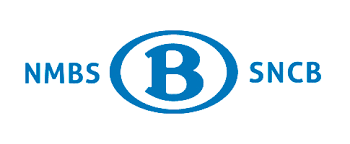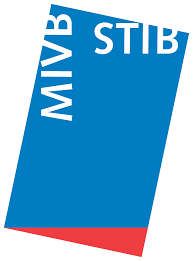Contracts between public transport operators (PTO's) and MaaS providers
| ORGANISATION | CONTACT |
|
|
Arnaud Wattiez Digital Manager arnaud.wattiez.964@b-rail.be |
|
|
Bernard Petit B2B Sales Manager Bernard.Petit@stib.brussels |
|
|
Renaud Therry Responsable digital renaud.therry@letec.be |
|
|
Ann Verhecken Deskundige Strategische Planning Ann.verhecken@delijn.be |
Commissions
Parking:
- Cities do not usually sell through their own app, so there is a level playing field for private actors (e.g. they can all charge an additional transaction fee of 25 or 30 eurocents)
- Observation: for cities such as Ghent (6%) & Antwerp (8%) this is not necessary, for the Netherlands (1,5-2 or 3% depending on city) and Brussels (0%)
Public transport:
-
PT operators also sell via their own app (without transaction costs)
-
Apart from De Lijn, there are almost no commissions
-
The supply of tickets is also limited (e.g. SNCB: no access to annual subscriptions) and there is not much difference between occasional tickets and annual subscriptions.
Private MaaS providers could be seen as an additional sales (and distribution) channel (also active in marketing) (credit card sales also cost 2.5% - use of a vending machine...).
Regional and federal authorities (as facilitator or 'soft / hard' regulator) could help to rebalance the win-win within the mobility sector.
Examples of solutions:
- "Transitional budget" to support commissions for a limited period of time (1-3 years) followed by evaluation
- Use of KPI's in concession agreements, e.g. to sell at least 20% of PT tickets (both subscriptions and occasional users) via third parties within 3 years.



